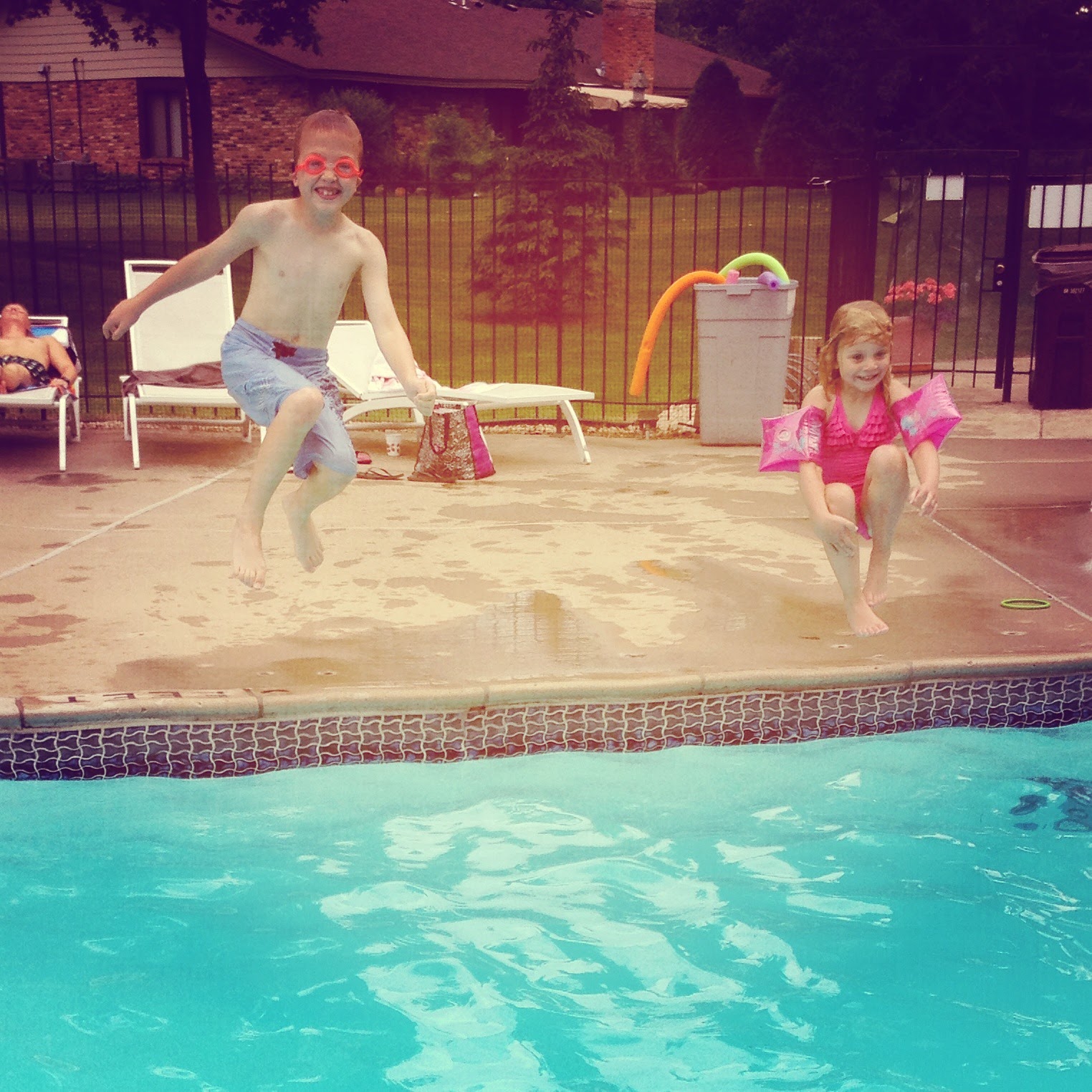Before I birthed my first child, my internal pledge to my future offspring and myself was to let them be who they were meant to be.
As guardian of their early years, I still hold to the conviction that the greatest service I can do for them is to discover them.
I want to understand how they communicate, what their strengths are and what makes them tick.
My natural next step is to then, somehow, encourage them in the directions their natural wiring takes them.
My hope is that this encouragement will be there for them, like a small string to grab for, when they’re feeling their way through life and making big decisions.
As I’ve grown as a parent, I’ve become aware that it’s equally important for me to understand who I am: How do I communicate? Where do my strengths lie? What makes me tick? How is my wiring and communication style perceived by my children as I guide them?
The back-and-forth of this intrapersonal understanding makes the dance of parenting more like a waltz than a ’90s mosh-pit romp.
When you’re different
This kind of self-awareness has helped me in parenting. For example, I recently discovered that I tend to accept my circumstances. And this isn’t always a good thing.
My daughter had soccer tryouts this past summer. She wasn’t happy with the results of her team placement. My natural response was to tell her that this is just the way it worked out this time.
“Maybe there’s a reason you’re on this team,” I said. “You might be surprised and find some enjoyment.”
She wasn’t satisfied with my response.
I knew, as I was trying to offer her comfort, my words weren’t as effective as I intended them to be. I often wonder: Am I saying the right thing? Is it enough? Do I go the way of encouragement and acceptance, or do I push her to do something that seems uncomfortable to me because, it seems her convictions won’t be satisfied any other way?
My approach
My husband is my opposite. He doesn’t take no for an answer. When he’s given a circumstance he’s not happy with, he pushes back.
His approach is: If we truly believe there was an error, let’s figure out how we make it right. He isn’t afraid to confront and to revel in the discomfort — if he strongly feels an injustice needs to be challenged.
My daughter has his oomph.
As we talked — for a few weeks — about my idea of making the most of it, I realized those weren’t the words my daughter needed to hear.
She wanted to be pushed. She wanted to be told to go get what she wanted — and what she felt she deserved.
So I asked my husband to talk to her in the way I didn’t feel equipped to.
Dad’s approach
My husband listened to her frustration and told her about all the times he was told no when he was growing up.
He encouraged her to work hard and keep at it. He offered her practical advice about talking to the coach about what she could work on and do differently. He encouraged her to be the leader she felt she was on the field.
I loved seeing how they connected during that talk, and how she knew she was understood. Someone respected and understood her drive and determination. He didn’t ask her to pull back when her tendency was to push forward.
I’m so thankful I have a teammate in parenthood to help find balance.
This whole experience made me realize: It’s OK if I don’t have the right answers. I have people around me who can offer the things I can’t.
Perhaps a spouse, grandparent, trusted friend or neighbor has that little missing something you can’t seem to find.
Will you have the courage to let them help?
Jennifer Wizbowski lives in Excelsior with her husband and her daughter and son, ages 14 and 17, respectively. Send comments, questions and story ideas to [email protected].


















